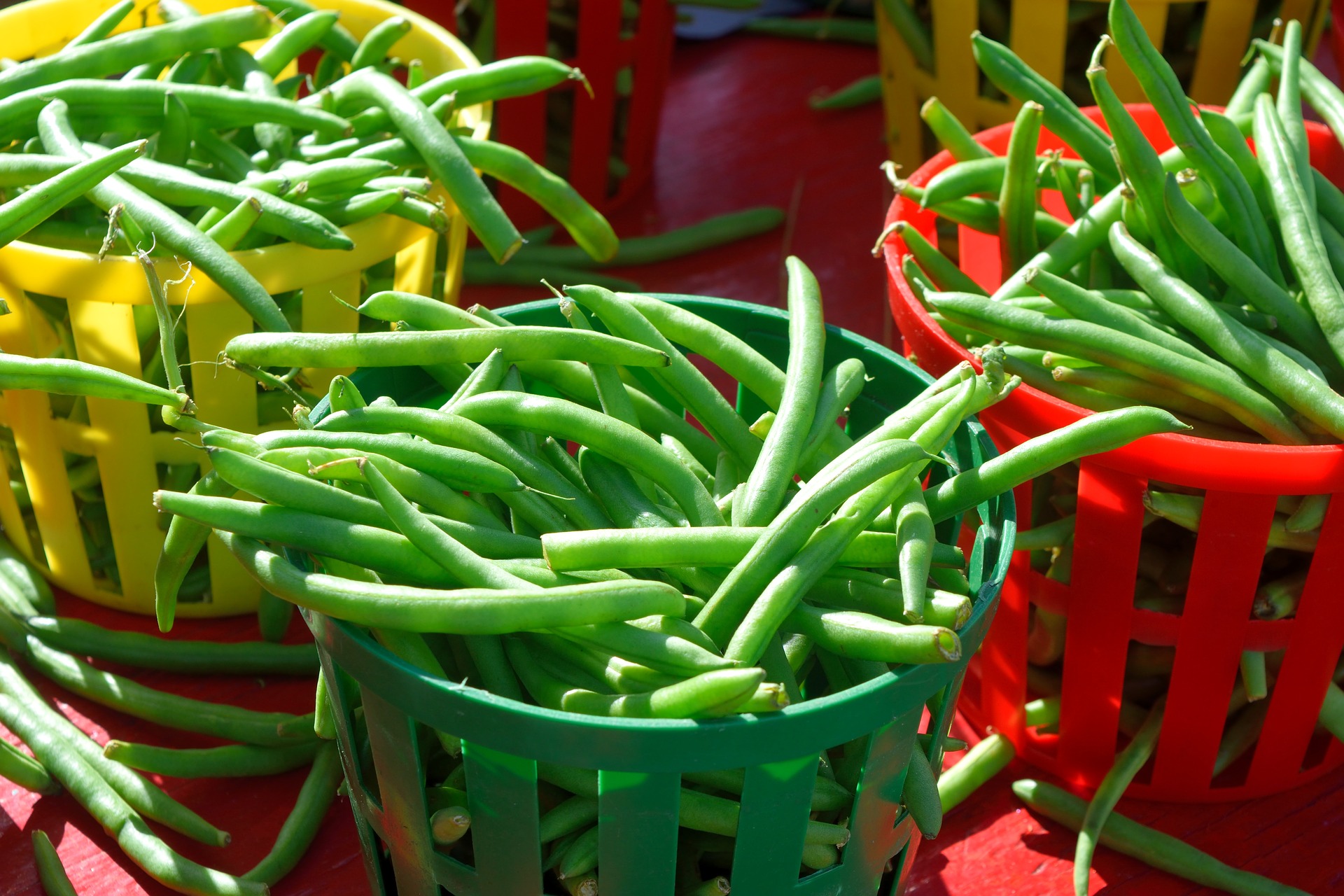The National Varietal Release and Registration Council (NVRRC) of the Ministry of Agriculture has approved four new varieties of cowpea developed by a team of researchers from the University of Cape Coast.
The four new varieties are climate resilient and high yielding cowpea genotypes adaptable to the coastal savannah areas in Ghana and will boost high production in the three regions in Northern Ghana where Striga infestation and drought are major challenges to farmers.
According to the Principal Investigator of the project, Professor Aaron T. Asare, who is a Plant Biotechnologist, the approval of the four newly developed varieties was welcoming and would contribute towards ensuring food security and poverty reduction which is in line with government’s ‘Planting for Food and Jobs’ initiative.
The rationale behind the Release of New Varieties of Cowpea
Prof. Asare explained that the team was motivated to develop and select Striga, rust, viral and drought resistant as well as high yielding and early maturing cowpea genotype for farmer cultivation in wider agro-ecological zones in Ghana to meet consumer needs. He said cowpea production in the country was very low in spite of the high consumption of the crop. He indicated that the nutritional value of the cowpea crop was comparatively very healthy adding that, “Cowpea is consumed in most homes in Ghana and it is common to find people patronising waakye or gari and beans”
Characteristics of the Newly Developed Cowpea
Prof. Asare said the new varieties have a short maturity period and they could be cultivated at least two times in a year. He explained that in terms of climate and land, Ghana had the right climatic condition and adequate land for the cultivation of cowpea to meet the demands of the nation and also for export. “Ghana has a wide range of agro-ecological zone, which has not been exploited for cowpea production. Given the needed support, the University of Cape Coast through this project can help the nation produce enough cowpea throughout the year,” he stated.
First Stage of Approval
The approval by NVRRC forms the first stage of the processes leading to the official release of the cowpea to Ghanaian farmers. The NVRRC is the authority responsible for approving the official release of new crop varieties in Ghana based on laid down procedures.
After the first stage of the process which involved the inspection of the newly developed varieties of the cowpea, the committee was happy about the nutritional value and resistance to drought, Striga, rust, and other viruses. As part of the process, the newly developed varieties which are more drought and disease resilient and high yielding would be certified by the National Seed Council (NSC) before being released to seed production companies for onward distribution to farmers in Ghana.
Recommendations By NVRRC
The leader of the NVRRC, Prof. Richard Akromah, said they have recommended to the UCC team of researchers to multiply the seeds and make them available to the farmers since they were the ultimate beneficiaries. He also entreated them to develop a production guide to help farmers and users about the agronomic practices so as to achieve maximum benefits.
UCC Cowpea Project
The UCC Cowpea Project is funded by the International Treaty on Plant Genetic Resources for Food and Agriculture (ITPGRFA) and Food and Agriculture Organisation (FAO). It is being piloted in some communities in the Central and Upper East regions of Ghana. The project is being carried out in collaboration with the Savannah Agricultural Research Institute (SARI) and Plant Genetic Resources Research Institutes (PGRRI) of the Council for Scientific and Industrial Research (CSIR), Ministry of Food and Agriculture (MoFA) and the University of Virginia, USA.

